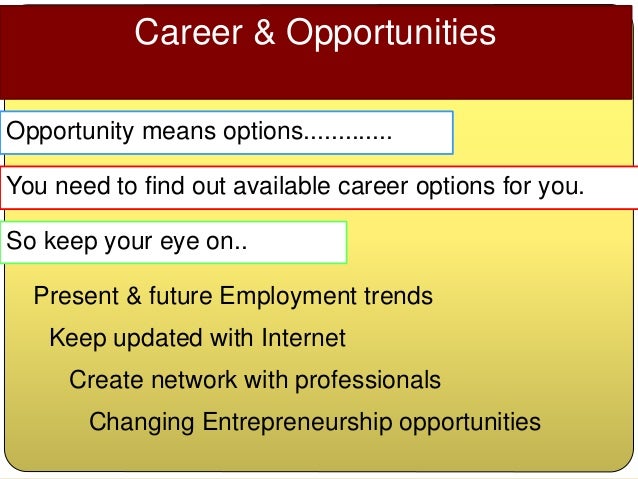Can you present your career path in a few words?
Whether it is a job interview, an oral competition, a contact interview or a trade show, this question will be very often asked. It gives your interlocutor his first impression. It is up to you to make it positive.

Here are some tips to present your career path.
1 - Find out about the position and the involved company
You can not go to a company, whether for a recruitment interview or for a contact, without knowing about the sector, the company and the job.
Show through your presentation that you know why and where you present yourself.
* The sector of concerned activity: consult websites dedicated to the sector:
- do a search by keywords;
- think about the sites of some professional journals rich in information on sectors and trades;
- collect information on difficulties, projects, changes in the sector, actors, the regulatory framework, etc. Take a look at the ones that you think are most relevant to your goal - those that can impact your career future.
* The concerned company:
- go to the CCI (Chamber of Commerce and Industry) to consult the company files and the Compass (company directory) where you will find information (the names of directions, contact information, different products, etc.);
- think of the company rankings published each year by some journals;
- consult the company website;
- compile articles about the company (which can be found at the Chamber of Commerce and Industry, the media library or on the company website) published in the local press and in the specialized press. Take note of the highlights: commitments, values(charter), projects, key people, success stories, etc.
* The job, the coveted position:
- consult jobs descriptions: those of the company's site, those of sector sites or some employment website;
- remember the terms of the ad;
- the same day or a few days before the interview, you can receive a file on the post and the company: study it, remember the key points.
Tip: Make a summary of the information collected to keep in mind the clearest view of the company and position you are applying for.
2 - Prepare your argument to describe your professional path
The presentation of your professional path must include some sentences to:
* showcase your experiences and skills;
* showcase yourself through the fluidity and clarity of your presentation;
* demonstrate the relevance of your application or project;
* express your motivation.
Prepare the elements of your presentation
Take a look at the key elements gathered on the job and the company in question and scan your resume:
* do not repeat what is in your CV, your interlocutor will have it in front of you;
* present your training;
* eliminate the experiences and skills that do not match the position or your project.
Some experiences that are not directly related may include skills that can serve your purpose, to you to highlight them;
* remember the experiences and skills that match the position or your project.
Write a presentation of the experiences and skills you have selected
Find a coherence in what you did, explain your choices of path: create links between your experiences. Show your ability to think about your choices. Do not give the impression to have been thrown by life, passively following the course of events.
* Show the links of your career with the position or the project:
- the chronological presentation must be very fast: explain each step in one sentence. Do not hesitate to explain your choice of training or career;
- detail only 2 or 3 experiences or skills, the most relevant.
Tip: consider presenting the results you have achieved.
* Make it your own, read your notes before going on an interview, train with a friend.
Important: do not learn by heart, you will lack spontaneity during the interview and may be disturbed by interruptions (such as questions of precision) of your interlocutor. Your presentation should only last about ten minutes.
3 - Explain your professional path
During the interview, present your professional path.
* Look after the form:
- control your flow;
- articulate;
- look at your interlocutors;
- smile;
- be short and concise;
- avoid lulling your interlocutors into a monotone tone: vary your intonations;
- do not be imbued with your person: do not arrive in conquered territory. Affirm your know-how or your expertise in all humility.
* Organize your presentation:
- if you have not done so already, start quickly with your first and last name and your place of residence;
- announce the guideline of your presentation: “I propose to introduce myself to my professional project... (name it), or position...” or “why I apply?”. The rest of your presentation will naturally take the tone of an argument: “Because I trained at..., during my course I...”.
- quickly present the main stages of your career and detail 2 or 3 experiences most related to your project;
- conclude by opening the dialogue: for example “I showed you my experience, could you, in turn, tell me more about the post?”.
Good to know: your interlocutor must be able to find answers to his questions without having to ask them. However, remain open to questions of precision.
No comments:
Post a Comment